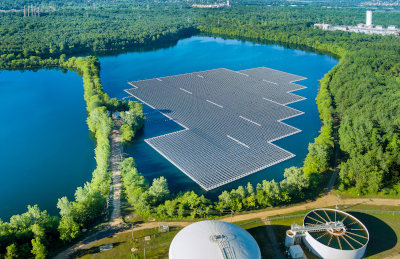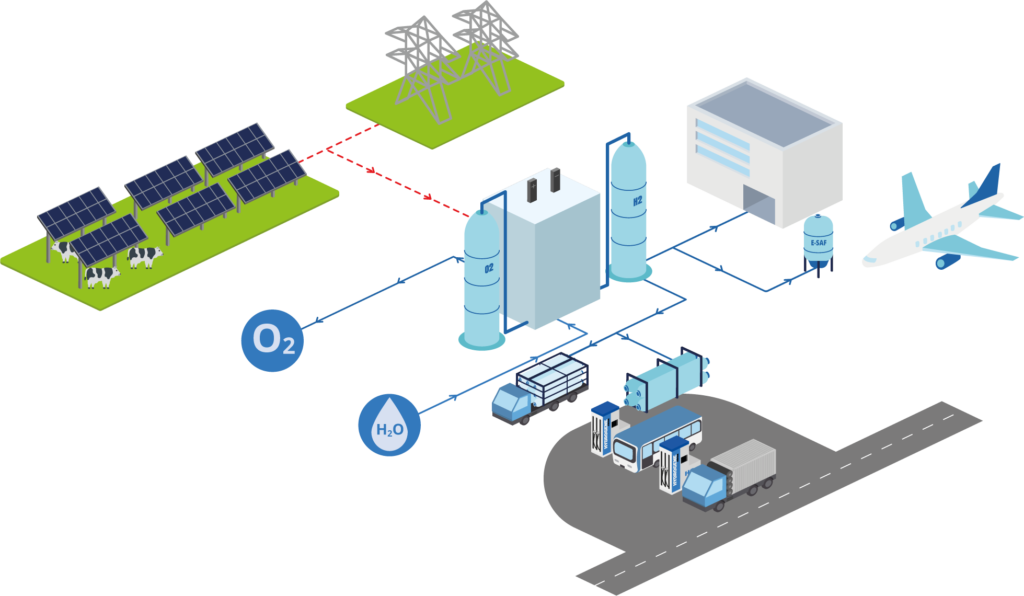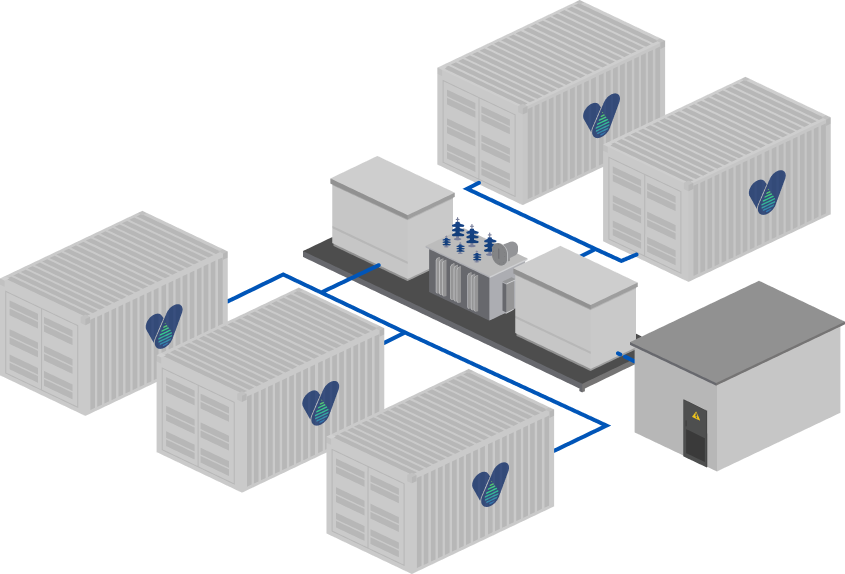OUR SOLUTIONS
SOLAR ENERGY AS A MAJOR LOW-CARBON SOURCE OF THE ENERGY TRANSITION
Verso Energy works on agrivoltaic solutions which aim to create synergy between agricultural production and renewable energy production. Depending on the agricultural activity, the agrivoltaic technologies selected will provide at least one of the following services: improvement of agronomic potential and revenue, facing the risks climate change, protection against hazards or even improvement of animal welfare.
Verso Energy priority is to create a ecosystem, combining preservation of biodiversity, sustainable agriculture, sharing of values with the locality and production of green energy.

Chaque projet est unique
Chaque projet fait l’objet d’une approche particulière :
- With the farmer at the center of the project, respecting the planned and possible cultivation routes
- By also relying on the advice of our agricultural partners, as well as collaboration with research institutes and independent third-party experts
- En adaptant nos structures suivant le type de grande culture ou d’élevage
Livestock
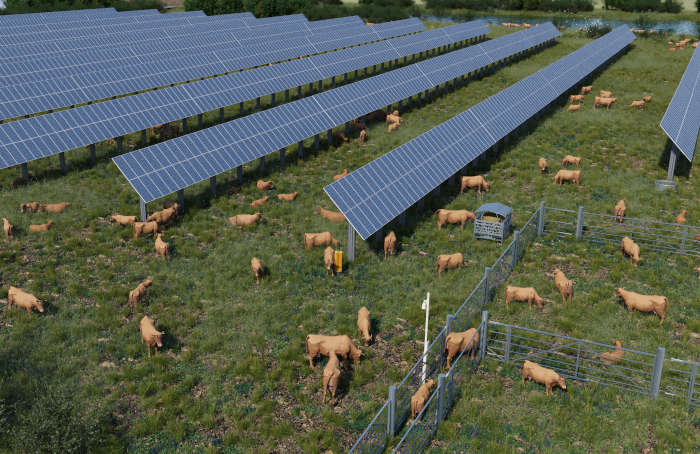
Verso Energy develops all types of ground-mounted solar projects
- Development of anthropized land, particularly wasteland and degraded land
- Equipment of floating structures on water
- Synergy between agriculture and solar energy: agrivoltaism
Centrale sur terrain anthropisé
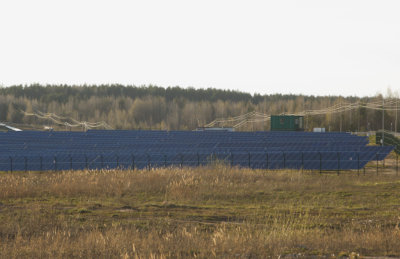
HYDROGEN, THE ENERGY VECTOR OF TOMORROW TO DECARBONATE THE INDUSTRY
To achieve carbon neutrality by 2050, Verso Energy is convinced that hydrogen (H2) will be essential to decarbonize the industry, this can be achieved by coupling it with renewable energies, as well as recovering surpluses while decarbonizing uses that cannot be electrified.
Among these uses, hydrogen offers a low-carbon solution to the strong operational constraints linked to transport: automobile with heavy and light mobility on the one hand and air and river transport using synthetic fuels on the other (or Efuels).
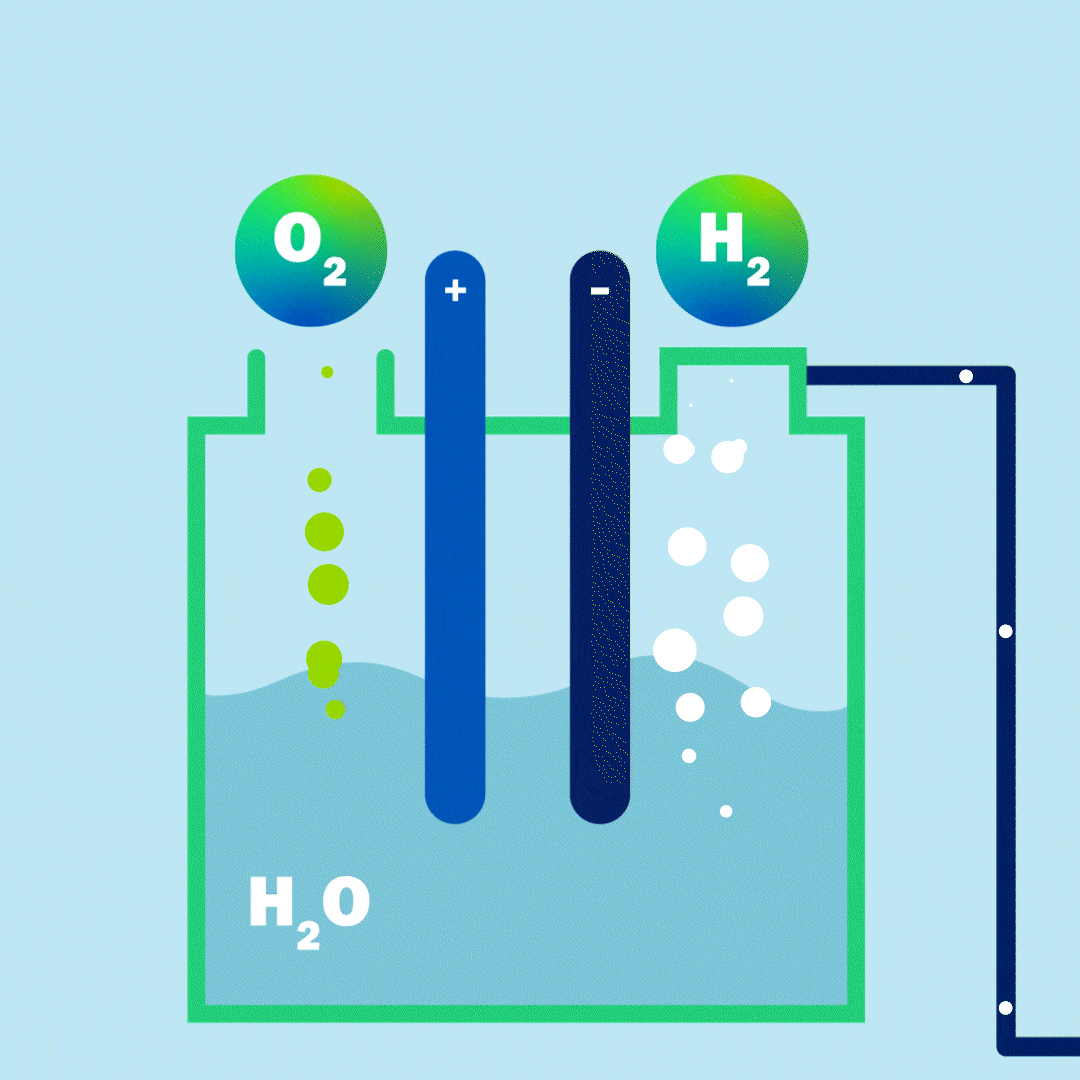

Our approach to hydrogen
- Optimize our infrastructure to produce carbon-free hydrogen at a competitive cost.
- Collaborate with leading partners to respond to our clients’ technical and regulatory issues.
- Reduce CO2 emissions from an industrial site by 20 to 30% by offering a modular, turnkey offer implemented within 24 months.
STORAGE AS A LEVER OF FLEXIBILITY TO INTEGRATE RENEWABLE ENERGY
Battery energy storage systems provide numerous services to decarbonize the economy.
Installed independently or located within a production center or a consumer , they can contribute balancing the gird at any time between production and consumption, thusmaintaining the frequency of the electricity grid, especially important at the time when carbon-free intermittent energy production makes the need for flexibility increasingly important.
The batteries can also make it possible to optimize grid connection costs, guarantee the security of supply or even avoid congestion on the electricity network.
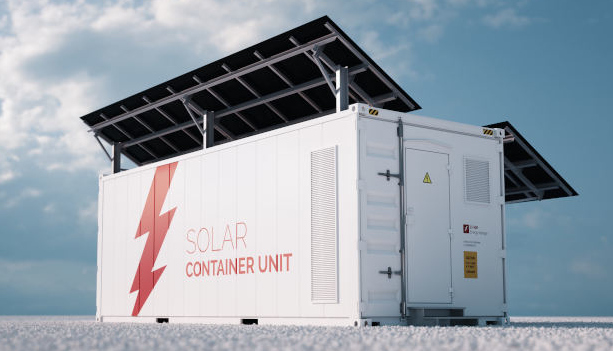
Verso optimally sizes batteries and value them on the market

PROSPECTING

SIZING

DEVELOPMENT
– Engineering and sizing
– Connection request
– Obtaining authorizations

Construction
– Commissioning of installations

Exploitation
THREE TECHNOLOGIES INTEGRATED IN SYNERGIES BY VERSO ENERGY IN A NEW APPROACH
The energy transition requires a new approach to energy production and consumption. Due to the proliferation of decentralized means of production, storage and energy consumption, the energy transition requires perfect synchronization of these instruments to guarantee the balance of the electricity and gas networks.
Verso Energy acts as a conductor, optimizing in real time the use of various means of production to guarantee a balanced and competitive supply to its customers. As a supplier of renewable and carbon-free energy, Verso Energy is fully committed to a reliable, responsible and competitive energy transition of the 21st century.
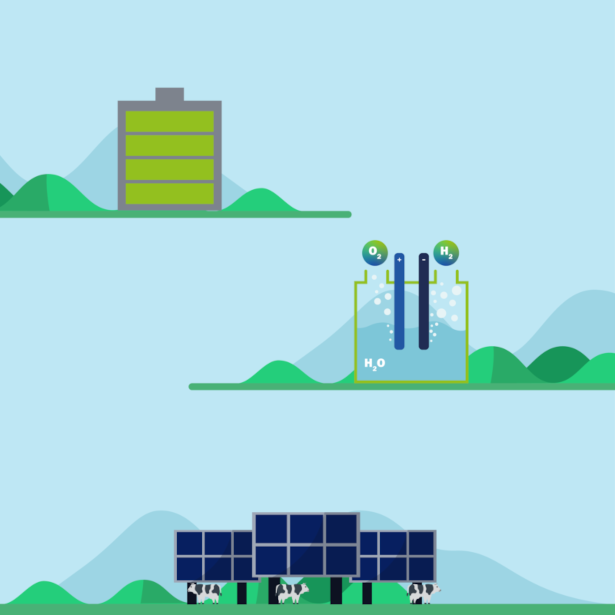
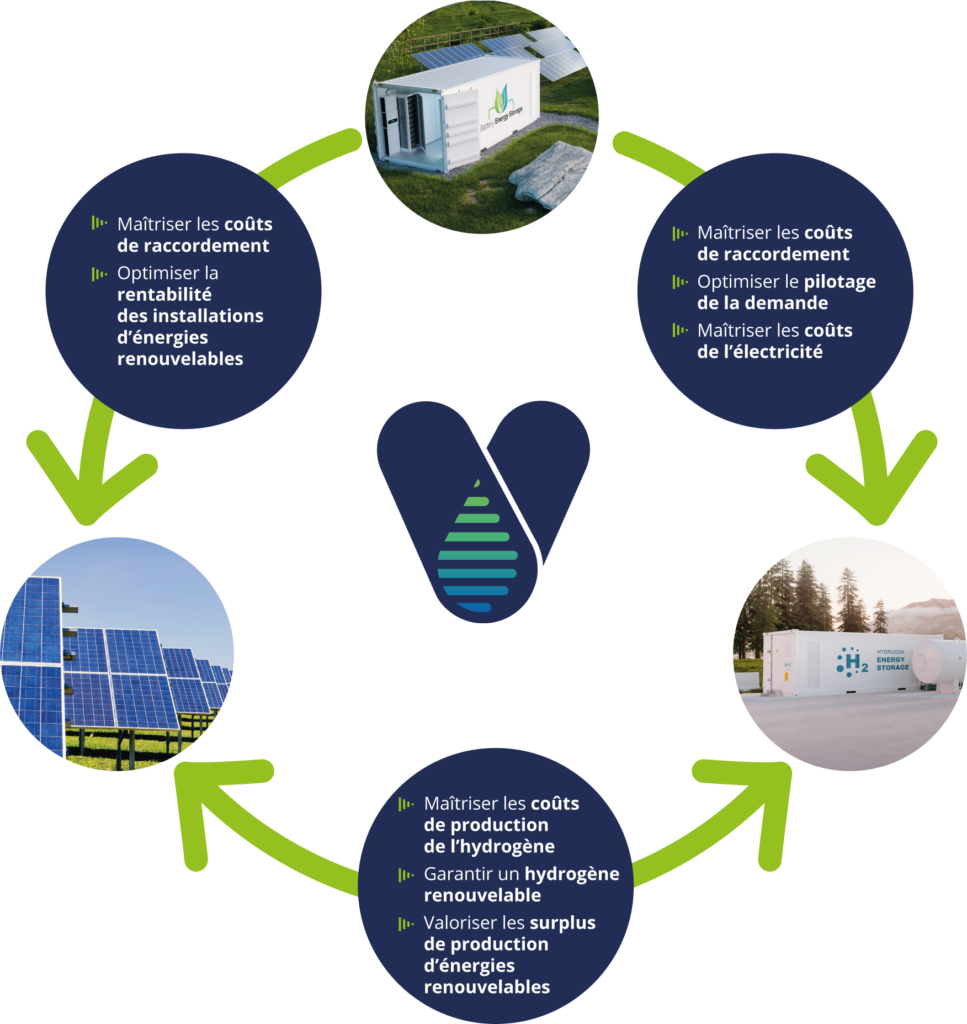
Verso Energy intervient sur toute la chaîne de valeur et sur toute la durée de vie des projets
Verso Energy est spécialisée dans la prospection, le développement, le financement et la construction de centrales de production d’énergies renouvelables, de batteries de stockage d’énergie, et d’installations de production d’hydrogène, les électrolyseurs. Verso Energy est présent sur l’ensemble de la chaîne de valeur de ces projets, et dispose d’une expertise forte sur chacun de maillons, pour garantir un mix énergétique décarboné comportant une forte proportion d’énergies renouvelables.

PROSPECTING
– Pre-feasibility study
– Local consultation

DEVELOPMENT
– Connection request
– Obtaining authorizations

FUNDING
– Long-term investment

Construction
– Commissioning of installations

Exploitation
– Maintenance
– Operation monitoring







